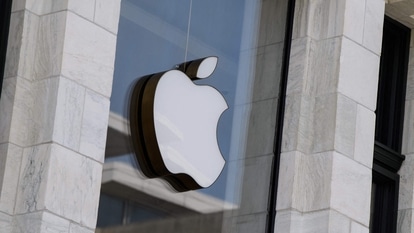Your Future AI Will Have Multiple Personalities
Some of the most promising AI assistants are being primed in very different ways to help us in our work and personal lives.
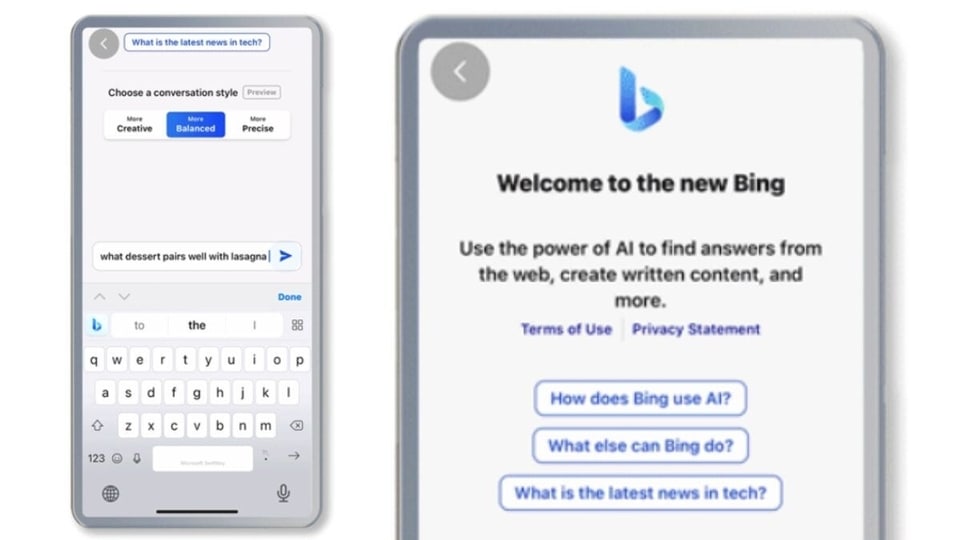
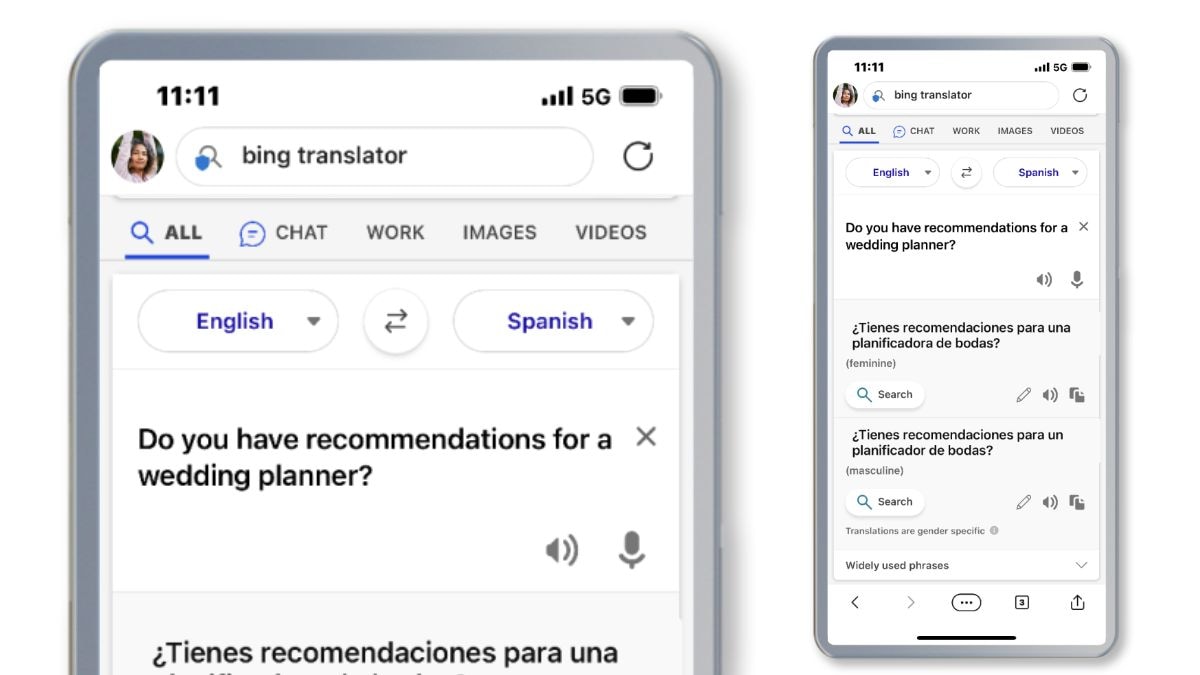
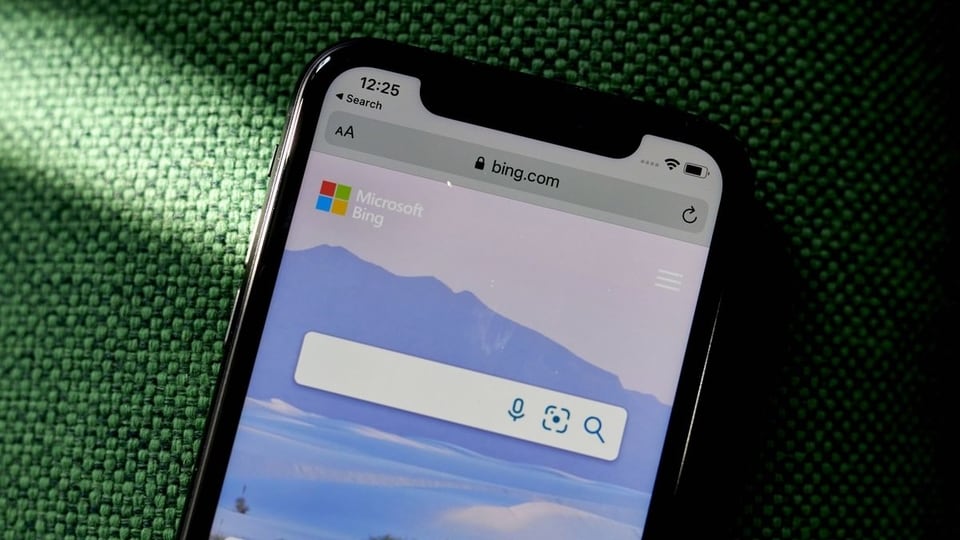
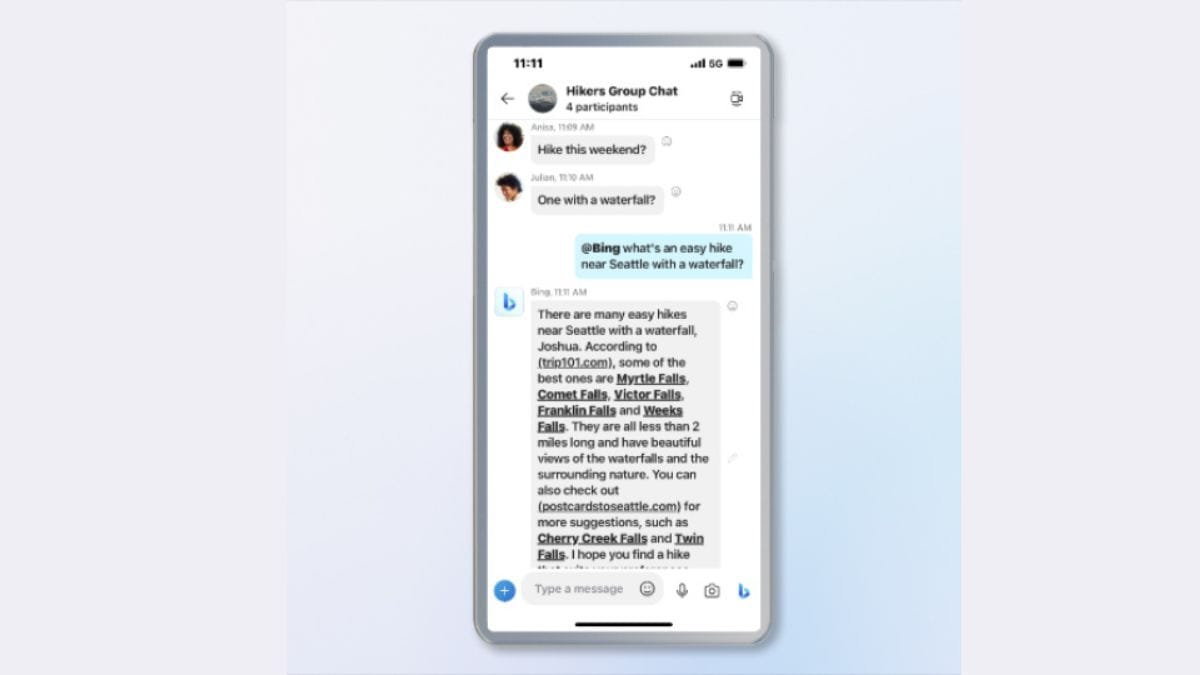
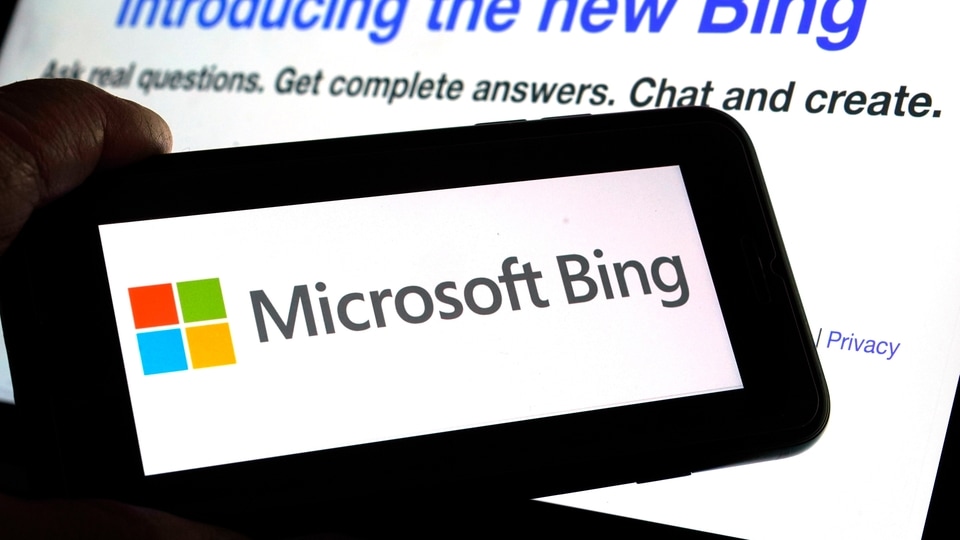
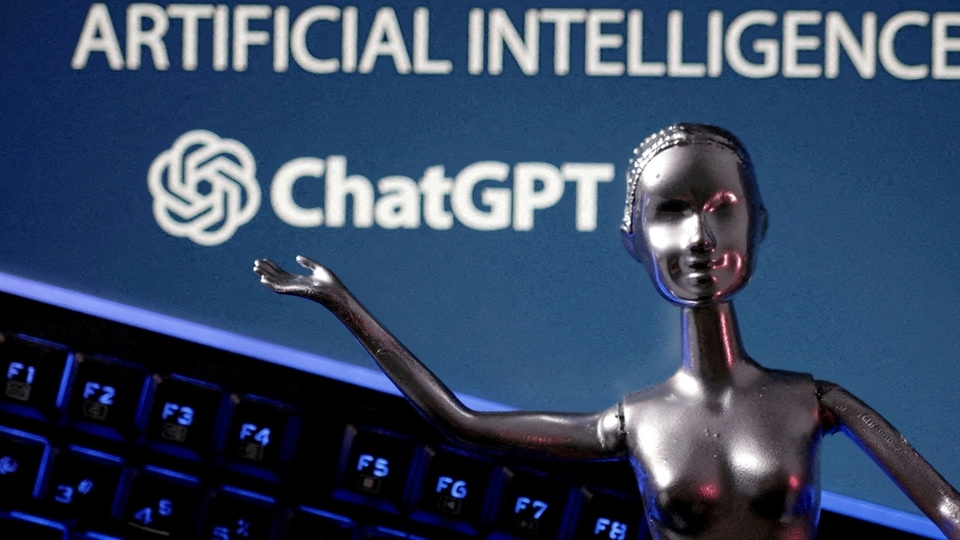
 View all Images
View all ImagesChatbots aren't just useful for writing essays and emails. Those designed to show empathy and retain memories about their users are already acting as personal guides. A man who recently tried using a chatbot called Pi realized it could help him give up smoking if he went to it each time he had a craving. Whenever he did, it would remind him of all the reasons why quitting was a good idea, including being around in the future for his child.
Pi's creator is a Silicon Valley startup called Inflection, which raised a remarkable $1.3 billion last week to build a “personal AI for everyone,” a chatbot that can act as a confidante for personal matters. The funding round made Inflection the second-highest funded generative AI startup after OpenAI, which has raised more than $11 billion to date. But the company behind ChatGPT is chasing a different sort of vision and reportedly working on a personal assistant that will be much more functional and work-oriented than the original ChatGPT or Pi, which are more like digital companions.
There's a debate raging among industry executives about whether it makes better business sense to anthropomorphize artificial intelligence in the way OpenAI has done with ChatGPT or make it as neutral and functional as possible, like the operating system you use on your phone. When we settle into a reality where we're regularly talking to computers, will we be interacting with something more like Microsoft's discontinued virtual assistant Clippy or more like Microsoft Excel? What seems most probable is that we'll be using both types of AI in the future to make us more productive on the one hand and navigate us through our personal lives on the other.
It's that latter use that will take some getting used to, but for the most part we'll see companion-style AI manifest through services aimed at regular people, not enterprises. Inflection co-founder Mustafa Suleyman, who was also a co-founder of Google DeepMind, says Pi is ultimately a consumer product. He envisions it acting like a chief of staff that advises people on planning their weekend or shopping for clothes, and one that can chat with customer service agents on their behalf.
“It will be aligned to your interests,” he says. “It'll give you feedback and advice and it will see what you see and be with you where you go. Pi has a memory and is infinitely patient and supportive.” But Pi is also designed to remind people that it doesn't have feelings and isn't human. In other words, Suleyman says, it also has clear boundaries.
It might seem odd at first to engage with software on a personal level, but Suleyman and his co-founder, storied venture capitalist and PayPal Mafia member Reid Hoffman, along with plenty of other AI builders, say we're heading in that direction.
Part of the draw of companion-style AI may be that many people remain more isolated than they ever were before the Covid-19 pandemic. A March 2022 poll conducted by the Kaiser Family Foundation found that 59% of respondents hadn't returned to their pre-pandemic activities, and many office workers continue to work remotely. And though chatbots like ChatGPT frequently make factual errors, their abilities to show empathy are much more reliable. It's little wonder that some 5 million people have registered to use an app called Replika, which offers AI-powered companions that many see as friends or even romantic partners.
Adept, a generative AI startup in San Francisco funded by Hoffman's venture capital firm Greylock Partners, looks at human-AI interaction in a much more functional way, even though you're essentially talking to it. The company was founded by a former leader of Google's large language model projects and two scientists who co-wrote a seminal paper on “transformers,” a key technology that allowed ChatGPT to be constructed. Rather than build a stand-alone chatbot, Adept is creating a system that can process conversational commands from a human and use software.
“We want to build a natural language interface to your computers,” says David Luan, chief executive officer of Adept. “We don't want it to be a separate agent.”
The idea is that down the line, people who use enterprise software won't need to scroll around a web page and click on seemingly endless menu options to carry out a task — they'll simply ask the website to do work for them, using a text-dialogue box. You could, for instance, ask the system to put a batch of LinkedIn profiles into Salesforce or create a CAD model — things you might not already know how to do — and Adept's technology will do it for you. If successful, this approach to navigating software could arguably make certain user interfaces obsolete, a kind of behind-the-scenes plumbing that humans no longer have to steer. Why design an array of colorful menus and webpages when AI services will do most of the trawling through them anyway?
OpenAI appears to be working on both approaches; it has built ChatGPT as an entity that people can talk to, but it's also designing a more functional system that will integrate into everyday enterprise as a kind of work tool, similar to what Adept is developing, and also comparable to Microsoft Copilot, a product Microsoft is bringing to market as a result of its use of OpenAI's technology, according to a recent report in The Information. That could put OpenAI in an awkward position with Microsoft, its lead investor.
Catch all the Latest Tech News, Mobile News, Laptop News, Gaming news, Wearables News , How To News, also keep up with us on Whatsapp channel,Twitter, Facebook, Google News, and Instagram. For our latest videos, subscribe to our YouTube channel.
























